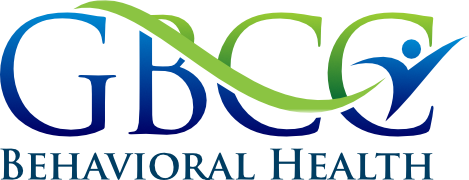June is PTSD (Post-Traumatic Stress Disorder) awareness month. Nearly 8 million adults suffer from PTSD every year, according to the U.S. Department of Veteran Affairs. This breaks down to 7-8% of the adult population. Children and adolescents can also be diagnosed with PTSD.

If you are currently living with PTSD, please know that you are not alone and that help is available. Increasing your PTSD awareness and understanding is a good place to start when considering seeking treatment or trying to help a loved one.
What is PTSD?
Unfortunately, trauma or really bad experiences can be a common experience in your lifetime. Nearly everyone witnesses or experiences a traumatic event at some point. However, some individuals who experience a life-threatening event or other trauma can develop PTSD.
Events that may trigger PTSD include witnessing or being involved in:
- A bad car accident
- Military combat
- Sexual assault
- The death or injury of another person
- Abuse, including emotional or physical violence
- Serious health problems
- Childbirth experiences, such a losing a baby or difficult birth
It’s important to remember that these are just some of the events that can lead to PTSD. Any number of events can result in developing this disorder.
Symptoms of PTSD to Watch For
If you or a loved one have experienced a traumatic event, there are a few symptoms you can look out for to increase your awareness. These symptoms are all common after experiencing trauma; however, if they last for more than a month or are severe, they could be pointing towards PTSD.
Intrusive Memories
Unwanted memories of the event may pop into your mind at any time or you may even experience flashbacks. These memories can also manifest as dreams or extreme emotional reactions to things that remind you of the event.
Mental and Physical Changes
Trouble sleeping, difficulty concentrating, extreme weight loss or weight gain, and startling easily can all be signs. It is also common to experience sudden mood changes or angry outbursts. Those who witnessed someone else suffering a trauma may also deal with survivor’s guilt.
Depression Symptoms
Sometimes, PTSD can look like depression. You may lose interest in activities that you once enjoyed and have a difficult time maintaining relationships with loved ones. You may also turn to alcohol or other substances to try to numb or repress traumatic memories.
Recognizing these symptoms and relating them back to the trauma is critical when raising PTSD awareness.
What is Treatment Like for PTSD?
Treatments can vary depending on your provider and the type of trauma that you have experienced. Common trauma modalities include exposure based therapy, cognitive processing therapy (CPT), and eye movement and desensitization reprocessing (EMDR) therapy. Medications can also be utilized, alone or in combination with psychotherapy treatment modalities.
Therapists who specialize in PTSD take a trauma-informed approach to ensure that you feel safe with them and in therapy before beginning to get to the root of the problem. Treatment can last anywhere from a couple of months to a couple of years. Involvement of your support system may also ensure a positive treatment outcome.
At GBCC Counseling Centers, our highly qualified clinicians provide treatment that is personalized and tailored to the patient. Additionally, we can assist with medication management to ensure a whole mental wellness treatment option.
If you have questions or are seeking to learn more about PTSD awareness, please reach out to us today. You can give us a call at 410.760.9079 or contact us online for more information.
